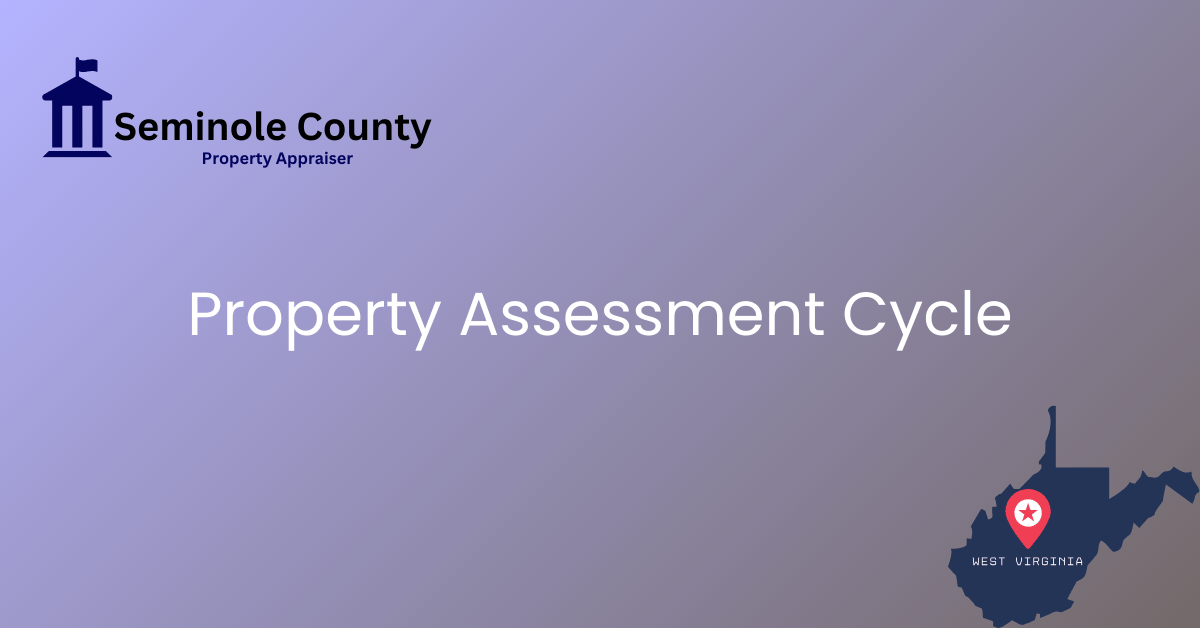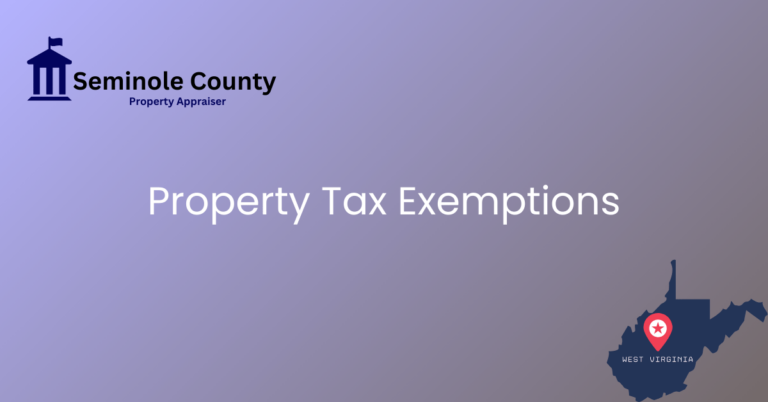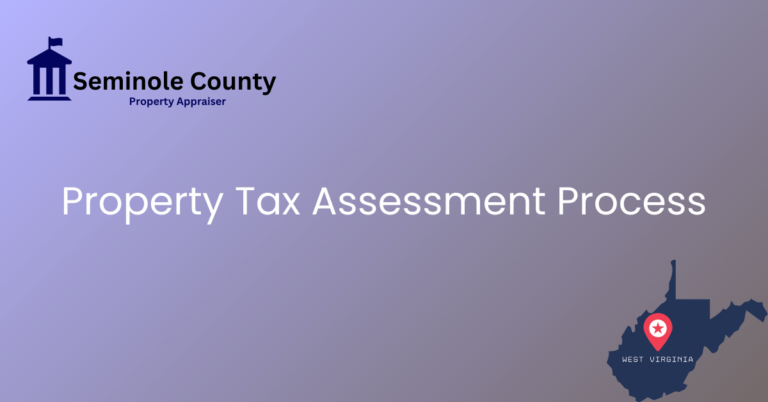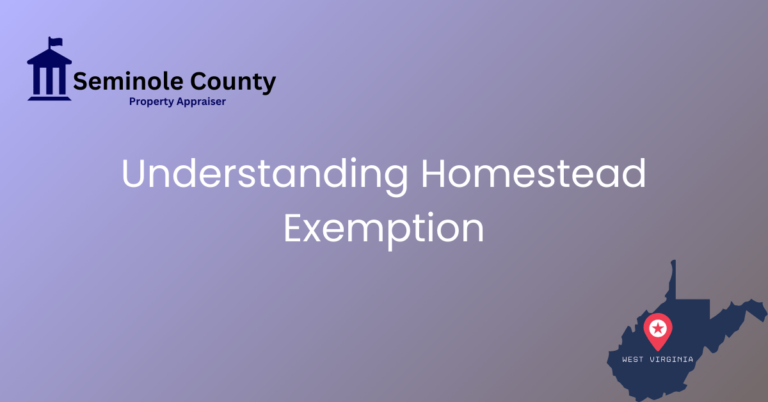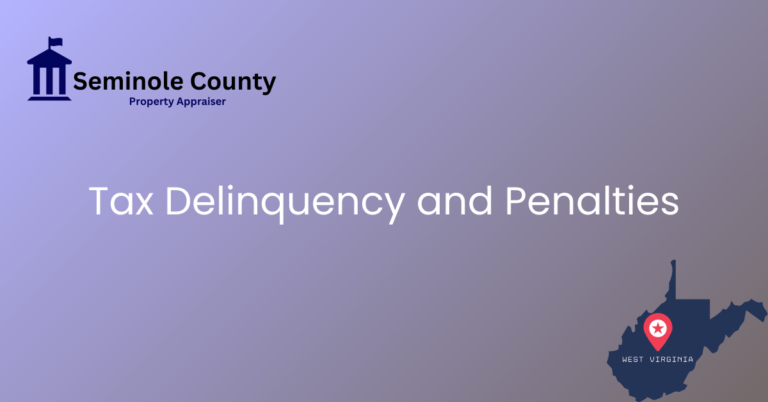Property Assessment Cycle
Exploring the intricate world of property assessment in Seminole County unveils a fascinating cycle of evaluation and analysis. The Seminole County Property Appraiser plays a crucial role in this process, ensuring fairness and accuracy in determining property values. By understanding the intricacies of this cycle, property owners gain insight into how their assessments are conducted and how they can potentially impact their property taxes.
Delving deeper into the Seminole County Property Appraiser’s role sheds light on the meticulous steps involved in the property assessment cycle. From data collection to valuation methods, each stage is carefully executed to uphold the integrity of property assessments. Property owners can gain a better understanding of how their properties are evaluated and how assessments contribute to the overall tax system.
The Role of Seminole County Property Appraiser
The Seminole County Property Appraiser plays a vital role in determining the value of properties within the county for taxation purposes. They are responsible for assessing the value of all real estate, including residential, commercial, and industrial properties, to ensure fair and accurate property taxation. The property appraiser also plays a role in providing information and assistance to property owners regarding their assessments and tax obligations. Additionally, the property appraiser may be involved in resolving disputes related to property values and assessments. Overall, the property appraiser’s role is essential in maintaining a fair and equitable property tax system within Seminole County.
Importance of Property Assessment in Seminole County
Property assessment in Seminole County is a crucial process that determines the value of properties for taxation purposes. It ensures that property owners pay their fair share of taxes based on the accurate value of their assets. The assessments also play a vital role in funding essential services and infrastructure within the county.
Data Collection Process for Property Evaluation
The data collection process for property evaluation involves gathering information about each property, including its size, location, amenities, and recent sales prices of comparable properties. This data is essential for determining the value of a property accurately and fairly.
Valuation Methods Used in Assessing Properties
Various valuation methods are used in assessing properties in Seminole County, including the sales comparison approach, cost approach, and income approach. These methods help property appraisers determine the value of a property based on market conditions, construction costs, and potential income generation.
Ensuring Fairness and Accuracy in Property Values
The Seminole County Property Appraiser is responsible for ensuring fairness and accuracy in property values by using standardized appraisal methods and regularly reassessing properties. This helps maintain equity among property owners and reflects the true market value of properties.
The Impact of Assessments on Property Taxes
Property assessments directly impact property taxes, as they determine the amount of tax each property owner must pay. Understanding how assessments are conducted and how they influence tax liabilities can help property owners plan and budget effectively.
Steps Involved in the Property Assessment Cycle
The property assessment cycle involves several steps, including data collection, property inspection, valuation, assessment notices, appeals process, and reassessment schedule. Each step is crucial for maintaining the accuracy and fairness of property assessments.
Contribution of Assessments to the Tax System
Property assessments play a significant role in the tax system by providing a fair and transparent method for determining property taxes. The revenue generated from property taxes funds essential services such as schools, roads, public safety, and community development.
By understanding the role of the Seminole County Property Appraiser and the property assessment process, property owners can gain valuable insights into how their properties are evaluated and how assessments impact their tax obligations. It is essential for property owners to stay informed about the assessment cycle and the methods used to determine property values to ensure fairness and accuracy in taxation.
Frequently Asked Questions
Get answers to common queries regarding property assessment in Seminole County and the role of the appraiser.
What factors influence property assessments?
Property assessments in Seminole County are influenced by various factors, including location, size, age, and condition of the property. These factors help determine the market value of a property and are essential in the assessment process.
How often are property assessments conducted in Seminole County?
Property assessments in Seminole County are typically conducted annually to ensure that property values reflect current market conditions accurately. This frequent assessment helps maintain fairness and accuracy in the valuation process.
Can property owners appeal their assessment values?
Yes, property owners in Seminole County have the right to appeal their assessment values if they believe there are errors in the valuation process. By providing relevant evidence and documentation, property owners can request a reassessment of their property value.
What role does the property assessment cycle play in determining property taxes?
The property assessment cycle directly impacts property taxes by establishing the value of properties within Seminole County. Higher property values result in higher property taxes, emphasizing the importance of accurate assessments in the tax system.
How does the property assessment cycle benefit property owners?
Property owners benefit from the property assessment cycle by gaining transparency into how their properties are evaluated. Understanding the assessment process enables property owners to assess the fairness of their property values and potentially lower their tax burdens through an accurate valuation.

